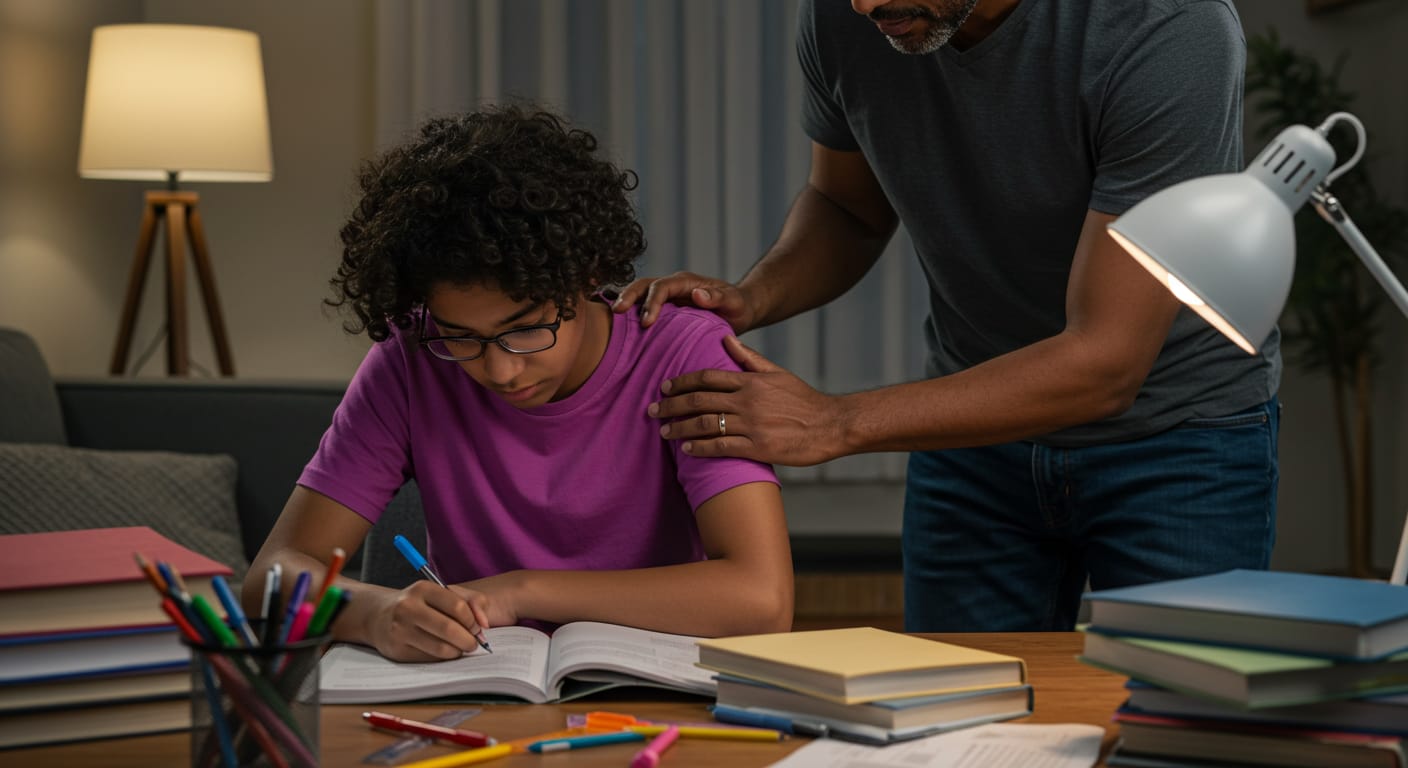Understanding the Power of Positivity
Positive emotions are foundational for psychological wellbeing. But when a teen is overwhelmed, angry, or anxious, positivity can feel unreachable. Teens, whose brains are still developing, often struggle to process intense feelings and lack the emotional vocabulary to express what’s going on inside them. As a parent, your role becomes crucial in guiding them gently toward emotional regulation and healing.
Start with Empathy, Not Assumptions
It’s easy to assume a teen who’s lashing out is simply being disrespectful or defiant. But often, what looks like anger is a mask for something deeper—fear, shame, sadness, or a feeling of helplessness. Acting out is often a desperate attempt to reclaim a sense of control.
Empathy disarms chaos. When your teen feels truly seen and heard, healing begins.
Teach Consequences With Compassion
Mental and emotional health includes learning accountability. When your teen hurts someone—physically or emotionally—they should understand the impact of their actions. Clear and consistent consequences help them realize that emotions don’t justify harm. But remember, correction should never come at the cost of connection.
Set boundaries firmly, but deliver them with love and calm.
Pick the Right Moment for Big Conversations
Timing matters. Discussing heavy issues during a meltdown or emotional spiral isn’t helpful. Wait until things have calmed down. Let them know ahead of time that you’d like to talk so they don’t feel ambushed. This helps teens emotionally prepare for vulnerable discussions and reduces the chance of reactive anger.
Normalize Emotional Expression
Help your teen name their emotions and give them safe ways to release them. They need to know it’s okay to feel—whether it’s anger, sadness, fear, or joy. Teach them to pause before reacting. Counting to ten, journaling, deep breathing, or even going for a walk are great tools to suggest.
You’re not just helping them survive adolescence—you’re giving them tools for adulthood.
If They’re Depressed, Positivity Feels Distant
If your teen is dealing with depression or anxiety, positive thinking won’t come easily. Instead of forcing optimism, guide them to reflect:
“Why am I feeling this way?”
“Is there another way I can respond to this emotion?”
Let them know it’s okay to take time for themselves, to decompress without guilt. You can encourage small steps toward emotional resilience by creating a non-judgmental space where they can retreat and recharge.
Be Their Safe Place
Never mock or dismiss their hobbies, friends, or interests. Doing so teaches them that their identity isn’t valued. Instead, join them in their world. Watch a show they like. Ask about their favorite music or game. This isn’t just bonding—it’s powerful emotional affirmation.
When they feel accepted at home, they’re more likely to develop positive thoughts about themselves.
School Pressure & the Need for Emotional Tools
School is often a pressure cooker of academic expectations and social stress. Teens face peer comparisons, bullying, and fear of failure almost daily. When you teach them positive coping skills early on—resilience, emotional reflection, deep breathing, journaling—you prepare them to handle adulthood with emotional maturity.
Your consistent love and support becomes their emotional anchor.
In Conclusion: Keep Showing Up
Your relationship with your teen lays the groundwork for their emotional intelligence and future wellbeing. Positive emotions won’t eliminate all their problems—but they’ll remind your child that they are not powerless. That joy is still possible. That you’re walking this journey with them.
It takes time. But every moment of kindness, patience, and understanding helps your frantic teen feel safe, seen, and soothed.










